The rising Dominican star carries dembow into the mainstream on this mammoth double album, sanding down some of the grimy genre’s rough edges in the process.
Urbano’s various genres and styles come from across the Americas: Latin trap was born in the U.S., reggaeton in Panama and Puerto Rico, champeta in Colombia, and baile funk in Brazil. Dembow is the Dominican Republic’s urbano export, but unlike the others, it has not yet had its mainstream moment. Amid the mainstream success of reggaeton and Latin trap, the rising Dominican artist El Alfa has remained steadfast, churning out dembow hits and becoming the go-to guest feature for other urbano artists looking to dabble in the genre. He’s also responsible for dembow’s highest-profile moment to date, the stunning trap/dembow/bachata megamix that was Bad Bunny’s “La Romana.” If anyone was poised to carry the dembow torch into the 2020s with a massive dembow album, it was him.
El Androide is not that record. El Alfa is still a dembowsero, but his latest LP is all over the sonic map, with romantic trap vibes (“Besalo,” “Enamore”), hints of Jamaican dancehall (“Un Dia Si,” “Singapur”), hip-hop en Español (“El Lobo de Wall Street”), Mexican folk and Colombian vallenato (“Chapon”), and even Detroit techno (“Tecnobow”). And even the dembow tracks have had their rougher edges sanded down with slick production, in stark contrast to the grittier nature of the genre’s underground roots.
At 20 tracks, El Androide is essentially a double LP, with the first half consisting of 11 new songs, and the second half cobbled together from previous releases, many of which can be found on last year’s Dembo$$ EP. It’s a somewhat cynical marketing ploy to boost streams of the album with established hits, but does offer the most complete snapshot of El Alfa’s output over the past year.
And that output has been mostly impressive. One of El Alfa’s—and Chael Produciendo’s, who produced much of El Androide—more impressive skills is a preternatural ability to sequence musical DNA, finding the common ancestry of different subgenres and mating them together to make something new and fresh. Beyond the trapbow, he recruits Yandel and Myke Towers for the line-blurring mashup “Dembow y Reggaeton,” and taps legendary cultural colonizer Diplo to tie the common threads between Detroit techno and dembow on “Tecnobow,” a track that effortlessly interweaves dembow’s machuqueo with a four-on-the-floor beat, lacing a Spanish dembow flow with analog electro textures. And it’s hard to pin a genre on the buoyant “A Correr los Lakers,” a goofy romp with mostly inconsequential lyrics that nonetheless sports an impossibly catchy hook and horn melody.
This is the way you “cross over” in 2020; not by releasing English-language milquetoast pop with Anglo superstars, but by using the global internet to assimilate sounds from around the world into your music and make them your own. It doesn’t always work—Lil Pump’s dogshit verse ruins the otherwise catchy “Coronao Now,” and the straightforward hip-hop beat on “El Lobo de Wall Street” makes for El Androide’s most tepid offering. And dembow purists will likely be disappointed that El Alfa didn’t drop a record with the nostalgic rawness of Bad Bunny’s Las Que No Iban a Salir. But he hasn’t completely abandoned the heads; they can take solace in the fact that he makes a concerted effort to give Dominicans a signal boost, especially those whose music never gained traction off the island. “Hablamos Nunca” is a stripped-down dembow cut that features two OGs (Kiko El Crazy and El Fother) who weren’t always down with dembow—a bellwether of the genre’s sea change. The entire beat consists of drums, a bass line, and what sounds like a truncated guitar sample—and of course, the trademark repetition that makes the genre so danceable. And “Jalapeño,” one of the grimiest songs on the record, features the duo Doble T y El Crok, who hit their zenith as teens as the first artists to bring dembow to the ubiquitous variety show Sabado Gigante, but could never quite match the success of their first hit “Pepe.”
If the expectation was for El Alfa to carry dembow into the mainstream, he most certainly has: El Androide debuted in the top 10 on Billboard’s Latin Albums chart. It might not look or sound exactly like the grimy old school jams that persisted in the underground while battling a classist and racist stigma on the island, but it pays homage to its roots in a different way—songs like “Singapur” and “Un Dia Si” draw directly from the Jamaican dancehall toolkit upon which dembow was originally formed. And most importantly, the beats still knock, and are sure to make even the most determined demagogos—the Dominican version of a “hater”—move their bodies. So even if his sound has veered from the streets, it’s aimed directly at the club, and is poised to dominate the dance floor.
👉👇You May Also Like👇👌
View the original article here





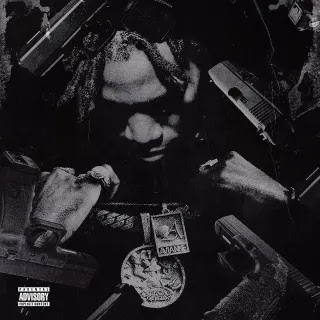
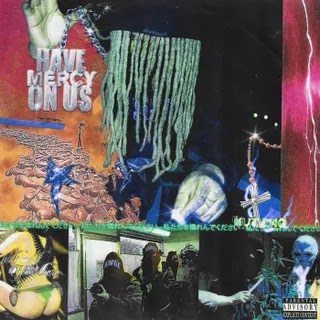
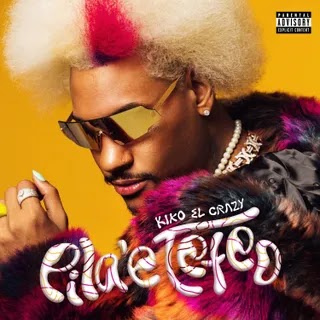
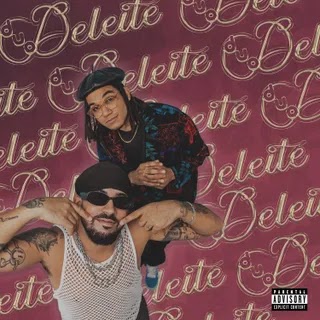
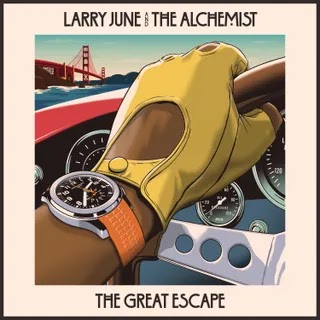






0 comments:
Post a Comment